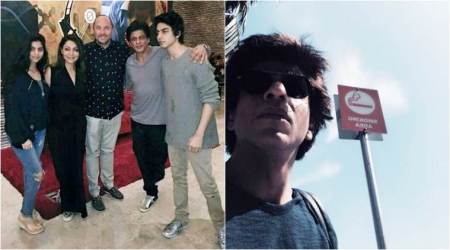 The AFT has held Amar Singh entitled to war injury pension with effect from January 1996. (File)
The AFT has held Amar Singh entitled to war injury pension with effect from January 1996. (File)
Seventy-two years after the end of the Second World War, a disabled soldier who had suffered injuries during that war has managed to get war injury pension which had been denied to him for all these years. In a landmark decision, the Chandigarh Bench of the Armed Forces Tribunal (AFT) has set aside the discrimination in disability benefits between soldiers injured in pre-independence and post-independence wars.
Sowar Amar Singh of the Armoured Corps had approached the AFT with a plea that despite having been injured during WWII he was not being paid ‘war injury pension’ that is granted to soldiers disabled in operational areas. This despite the fact that he was being paid regular ‘disability pension’ as is admissible to cases of normal diseases incurred during service such as hypertension and heart diseases.
Amar Singh had averred that it made no difference that soldiers were fighting for the British Crown during those times since WWII was a war of humanity against fascist forces and the same British Indian Army was inherited by the post-independence Indian Army with effect from 15th August 1947. He stated in his petition that the Governments of India and Pakistan had assured the British Government of taking care of all such cases and had also taken over the serving soldiers and pensioners of pre-independence India.
The Government had however resisted the claim of Amar Singh on the pretext that when war injury pension was initially introduced, it was made applicable only to post-independence wars and disabilities in international ‘peace keeping missions’. The concept of war injury pension to disabilities incurred in ‘international wars’ was introduced only in January 1996 vide a letter issued in 2001 but since the soldier was a pre-1996 retiree, the said benefit could not be granted to him.
Holding Amar Singh entitled to War Injury Pension, the AFT Bench comprising Justice Bansi Lal Bhat (retd) and Lt Gen Sanjiv Chachra (retd) has held that such discrimination could not be perpetrated by distinguishing between injuries suffered in various wars. The Bench has reminded the Government that the cut-off date of 1996 in the Government letter had already been struck down by the Supreme Court and hence the same could not be used to deny such benefits.
The AFT has held Amar Singh entitled to war injury pension with effect from January 1996. The AFT has also directed the Government to show magnanimity and identify similarly placed soldiers and release their benefits without forced litigation.
Over 2.6 million Indian troops had participated in WWII, double the strength of the present Army. Many died in penury on being released without pension on reduction of India’s military establishment. Those who were released with war disabilities were denied war injury benefits until now. A Defence Ministry Panel in November 2015 had also asked for resolution of this anomaly but sources say that letter giving effect to the said recommendation has not been issued by MoD till date.

